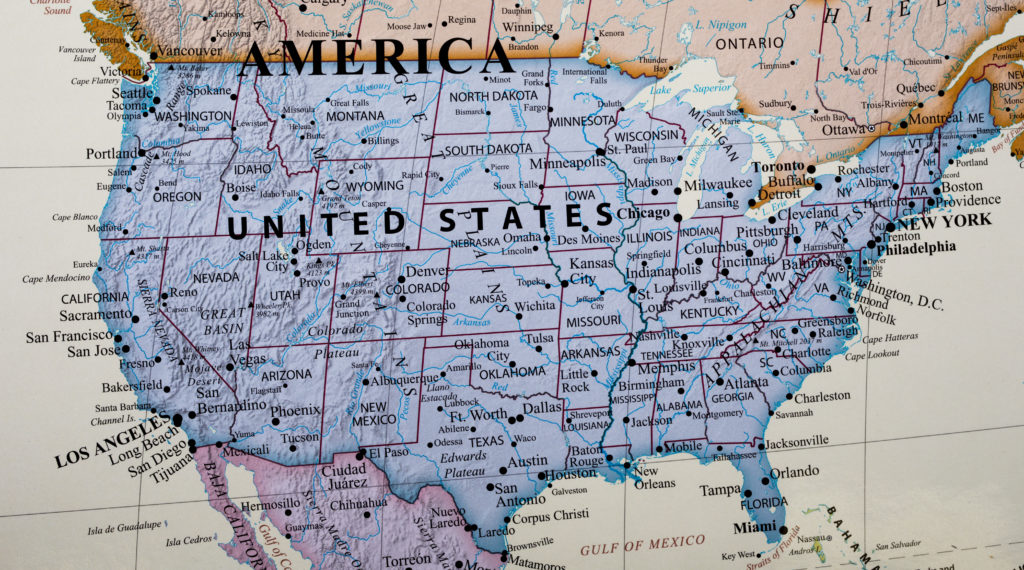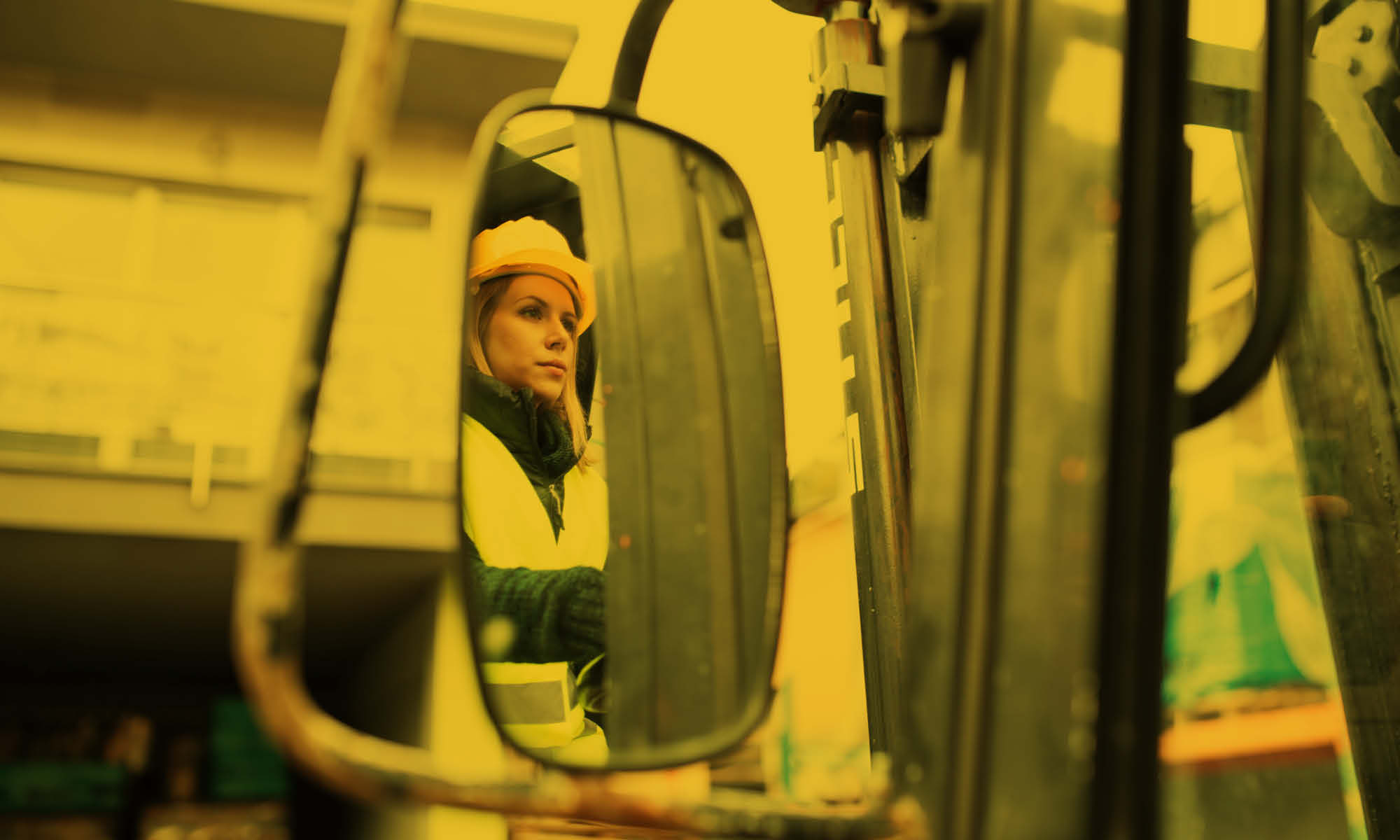
The National Occupational Licensing Meeting marked the culmination of a four-year collaboration between The Council of State Governments (CSG) and National Conference of State Legislatures (NCSL). This collaboration, funded by a grant from the U.S. Department of Labor, focused on improving state professional licensure policy. The meeting highlighted research and lessons CSG and NCSL learned from working with the states on this issue for the past four years. Click here for the full agenda and linked resources.
Continue reading “The National Occupational Licensing Meeting”





